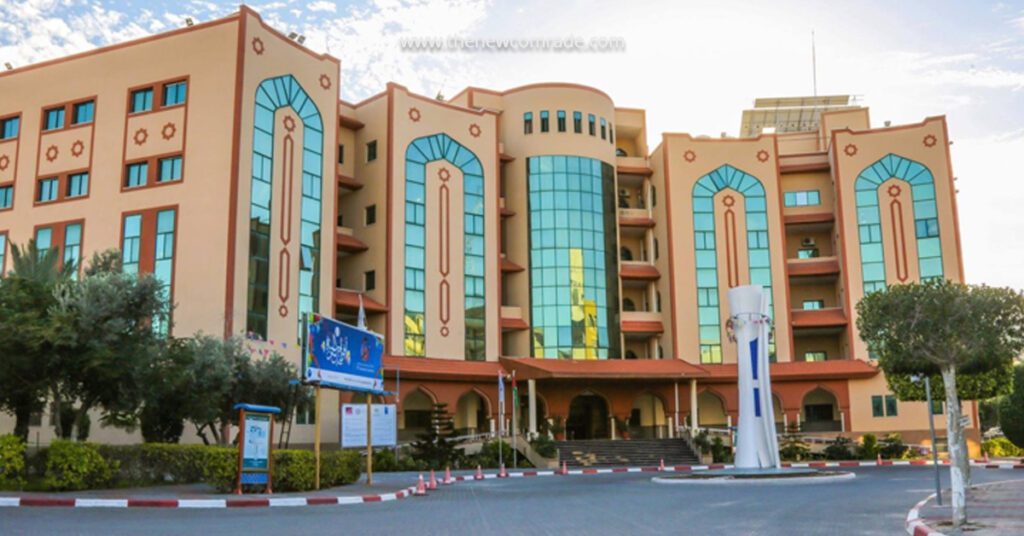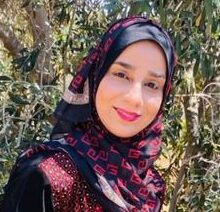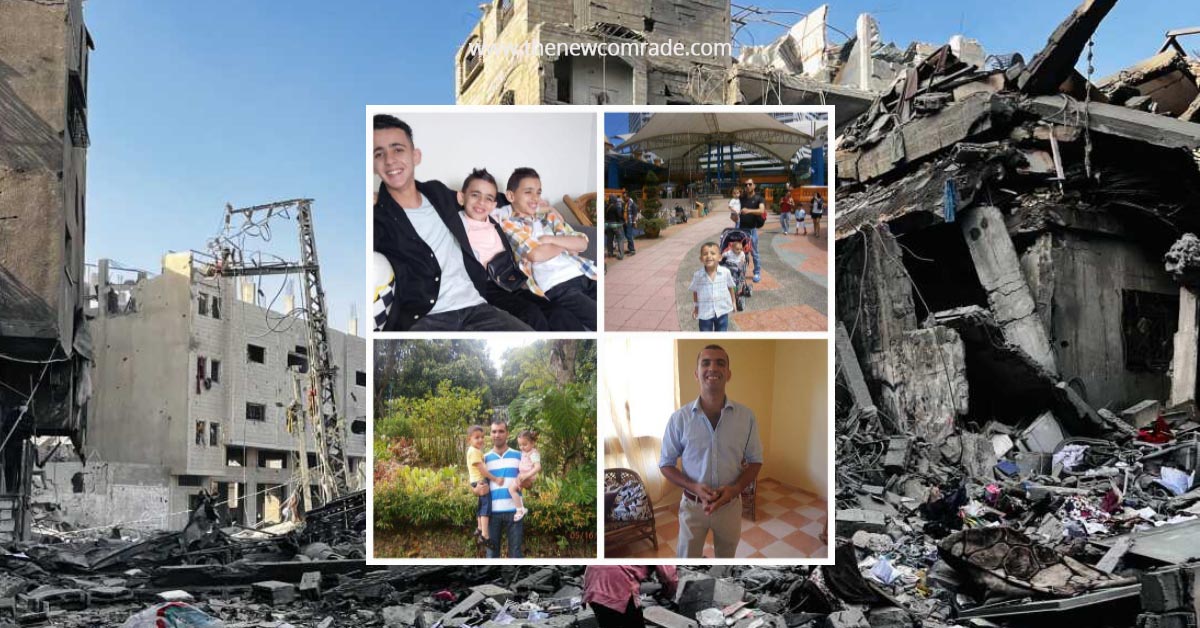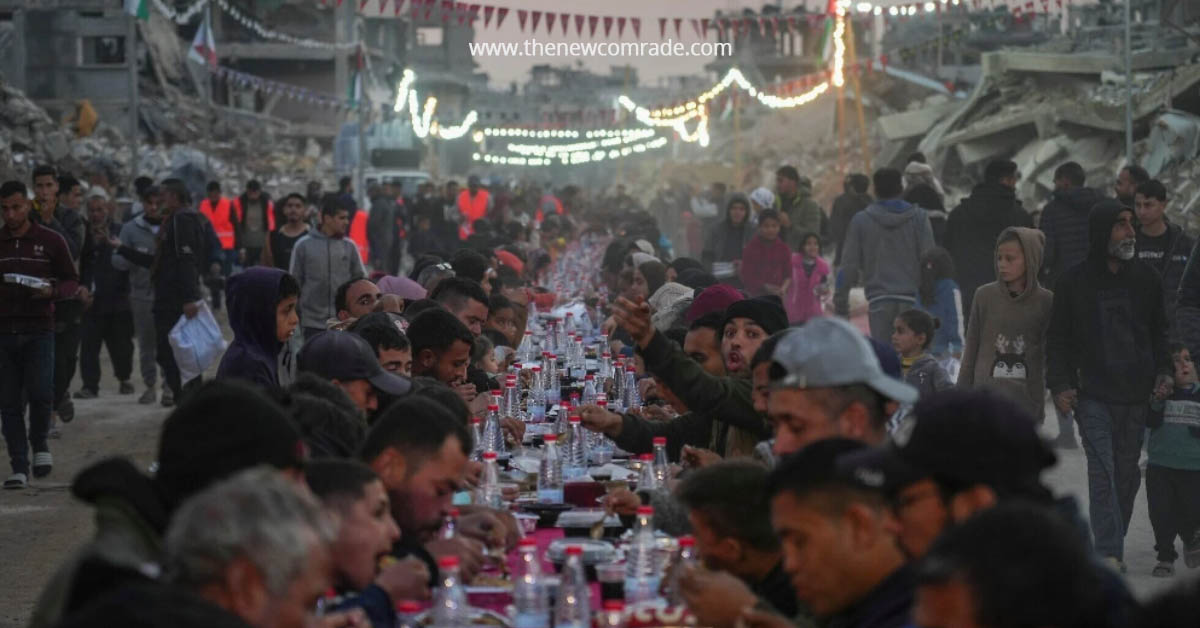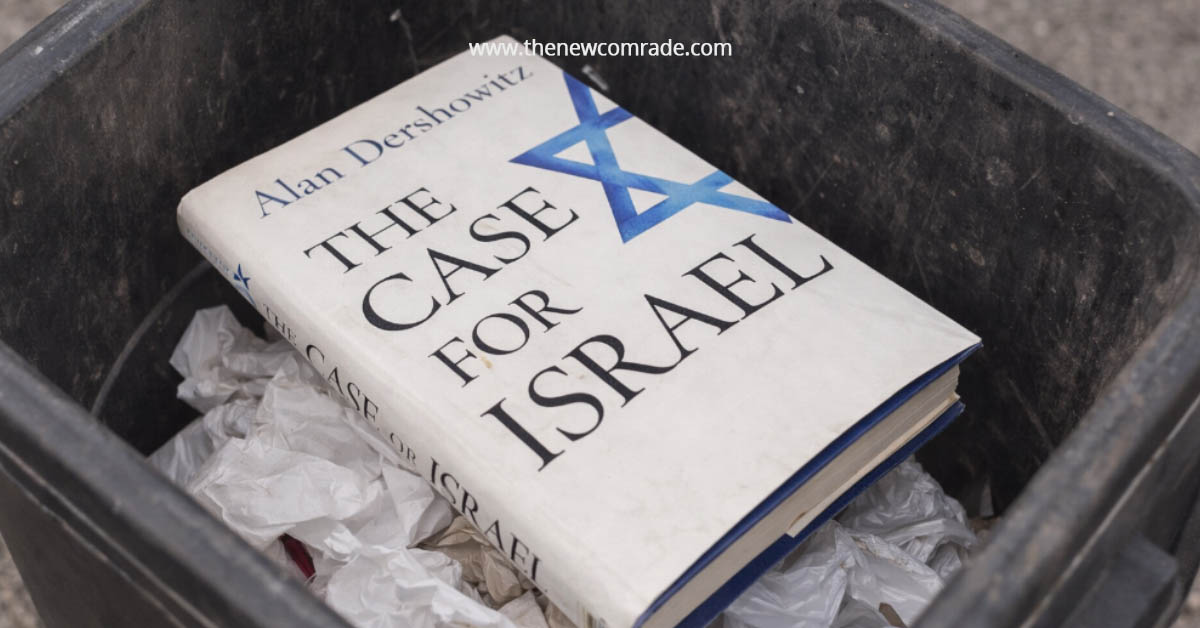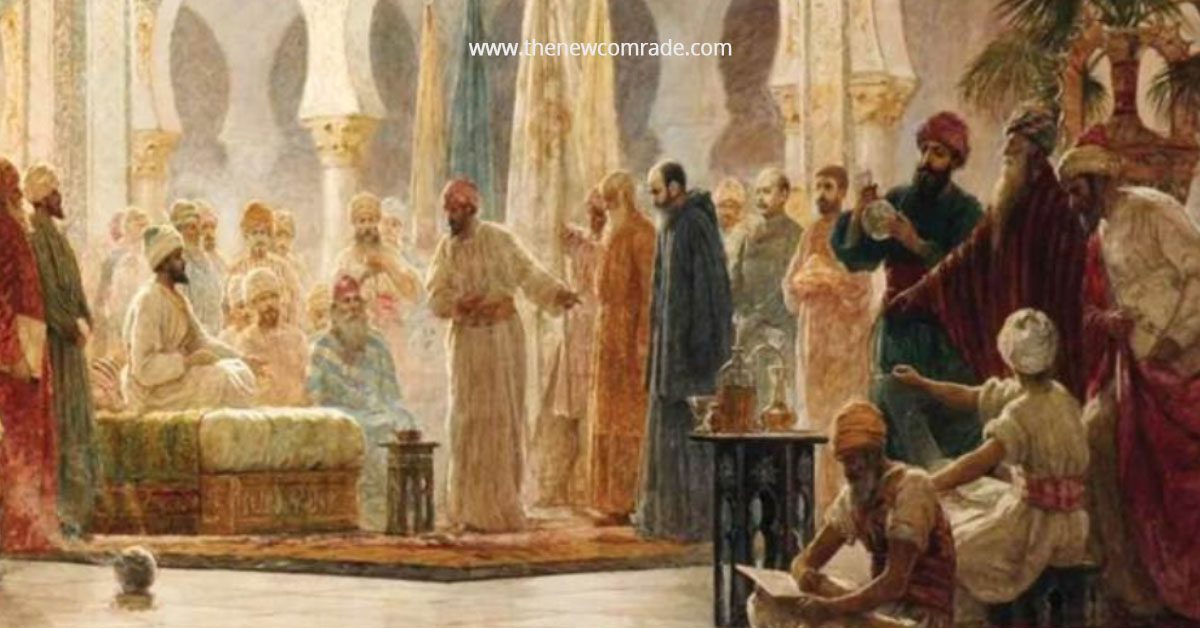The Islamic University of Gaza (IUG) is more than just an academic institution—it is a symbol of perseverance, cultural identity, and hope for thousands of Palestinians living under siege. Founded in 1978 during a period of intense political repression and educational void, IUG has grown to become one of the most influential educational institutions in Palestine, shaping generations of scholars, professionals, and leaders. Its influence extends well beyond classrooms, deeply rooted in Gaza’s social, cultural, and political fabric. Despite devastating wars, severe resource shortages, and political controversies, the university has maintained its role as a beacon of learning and a driver of development in Palestinian society.
This article provides a comprehensive exploration of the history, contributions, challenges, and socio-political role of the Islamic University of Gaza. By examining its development, academic programs, community engagement, and global reputation, we better understand the pivotal role IUG plays in the life of Gaza and beyond.
Founding Vision and Establishment
The Islamic University of Gaza was established in response to the dire need for higher education in Gaza after the Israeli occupation in 1967. During this time, Palestinians were largely barred from establishing universities or freely accessing education. In 1978, through the collective efforts of academics, religious leaders, and Palestinian nationalists, IUG opened its doors to students, becoming the first university in the Gaza Strip.
The founding vision of the university was centered on providing accessible, high-quality education rooted in Islamic values and Palestinian identity. It aimed to create an intellectual class that could guide the nation through times of occupation, economic hardship, and social instability. From the beginning, IUG’s mission was multifaceted: to be an academic hub, a spiritual sanctuary, and a tool for national liberation through enlightenment and education.
Academic Excellence and Expansion
From its modest beginnings with a few faculties and limited resources, the Islamic University of Gaza has grown into a full-fledged academic institution. Today, it boasts over 11 faculties, including:
Faculty of Sharia and Law
Faculty of Engineering
Faculty of Medicine
Faculty of Education
Faculty of Science
Faculty of Arts
Faculty of Commerce
Faculty of Information Technology
Each faculty offers a range of undergraduate and postgraduate degrees, contributing to the development of a professional class in Gaza. The Faculty of Engineering, for example, has produced thousands of graduates who now work in infrastructure, IT, and energy sectors, crucial for a region grappling with frequent destruction and limited resources.

The Faculty of Medicine, in particular, has been instrumental in providing healthcare professionals to Gaza’s struggling healthcare system. Given the blockade and recurring military offensives, Gaza’s healthcare infrastructure has often teetered on the edge of collapse. IUG-trained doctors and nurses have played critical roles in emergency care and public health outreach.

As of 2023, the university enrolled approximately 17,000 students, with more than 60% being women—an impressive figure considering the cultural and political challenges faced by Palestinian women in pursuing higher education. This gender representation has had a transformative impact on gender equality and women’s empowerment in Gaza.
Role in Social and Cultural Development
Education in Palestine is more than just a path to personal advancement—it is a form of resistance, self-preservation, and community upliftment. IUG has served as a social engine, offering not only academic instruction but also cultural preservation, civic engagement, and intellectual debate.
Through its cultural centers, seminars, and public lectures, the university has hosted poets, writers, historians, and religious scholars who contribute to the preservation and development of Palestinian heritage. The Islamic values taught at IUG are not merely theological; they are deeply intertwined with social ethics, justice, family values, and community responsibility.
The university also operates several outreach programs aimed at helping marginalized groups, such as people with disabilities, orphaned children, and women in rural areas. These programs are essential in Gaza, where nearly half the population lives below the poverty line, and unemployment rates are among the highest in the world.
Humanitarian Contribution: The Turkish-Palestinian Friendship Hospital

One of the university’s most ambitious and impactful projects has been the Turkish-Palestinian Friendship Hospital, built with funding and support from the Turkish government. The hospital, constructed on the IUG campus, was designed not only to provide specialized oncology treatment but also to serve as a teaching hospital for the Faculty of Medicine.
Before it was destroyed in Israeli airstrikes in 2023, the hospital had become a lifeline for thousands of patients, particularly cancer patients who were otherwise unable to access treatment due to the Israeli blockade. Its destruction was not just a loss of infrastructure but a critical blow to Gaza’s fragile healthcare system and academic advancement.
IUG During War: Symbol of Resilience and Target of War

Over the years, the Islamic University of Gaza has been targeted multiple times during Israeli military operations. The reasons cited often relate to the alleged use of the university for storing weapons or serving as a hub for political activities linked to Hamas. However, human rights organizations and educational bodies have frequently condemned the attacks as unjustified and in violation of international law protecting educational institutions.

Notably, during the 2008–2009 conflict and again in 2014 and 2023, several of the university’s buildings were bombed, including laboratories, administrative offices, and the central library. The university has lost professors, students, and critical infrastructure in these repeated attacks.
Perhaps most tragically, IUG’s President and prominent physicist, Professor Sufyan Tayeh, was killed in an Israeli airstrike in December 2023. His death marked a symbolic loss for the academic community in Gaza and a significant blow to efforts to promote higher education under siege.
Despite these tragedies, the university has continued to operate, often under makeshift conditions, reaffirming its role as a pillar of resilience. Its campaigns for rebuilding—such as “Together… For Higher Education Resilience”—have garnered global support and solidarity.
Global Recognition and International Partnerships

The Islamic University of Gaza has earned recognition not only in the Arab world but also internationally. In 2023, it was ranked among the top universities in Palestine and included in the Webometrics global rankings of universities. IUG has signed cooperation agreements with universities in Turkey, Malaysia, and various European countries. It has also been accepted as a member of the Global University Network for Innovation (GUNi), reflecting its commitment to the United Nations Sustainable Development Goals (SDGs), particularly in the field of education.

IUG has actively participated in international research projects and academic exchanges, despite the severe travel restrictions placed on Gazan scholars. These collaborations are crucial in helping Palestinian students and researchers stay connected with global academic trends and technologies.
Political Controversies and Accusations
As with many institutions in Gaza, the Islamic University has not been immune to political controversy. Its perceived association with Hamas has made it a frequent subject of criticism, particularly from Western and Israeli media. Critics argue that IUG serves as a breeding ground for political Islam and has been used as a platform for Hamas’s political agenda.
Supporters of the university, however, argue that while the institution reflects the conservative religious values of many in Gaza, it has maintained a commitment to academic independence and pluralism. Moreover, they point out that in any occupied or besieged society, educational institutions inevitably become part of the political discourse simply by asserting the right to exist and educate.
A Symbol of Defiance and Hope
The Islamic University of Gaza is not merely a place of study—it is a living testament to the Palestinian struggle for dignity, autonomy, and intellectual freedom. In a region where life is perpetually disrupted by war, blockade, and displacement, IUG continues to provide a semblance of normalcy and a foundation for the future.
It has educated tens of thousands of students, empowered women, healed the sick, and preserved Palestinian culture and values in the face of overwhelming adversity. Its resilience in the face of repeated destruction mirrors the resilience of Gaza itself.
As the world grapples with the moral and political implications of the situation in Gaza, institutions like IUG remind us that education remains one of the most powerful tools for change. The Islamic University of Gaza, despite its challenges and controversies, stands tall as a symbol of what a determined people can achieve even under the most inhumane conditions.
Disclaimer: The opinions expressed in this article are solely the author’s and do not neccessarily reflect the opinions or beliefs of the website and its affiliates.
